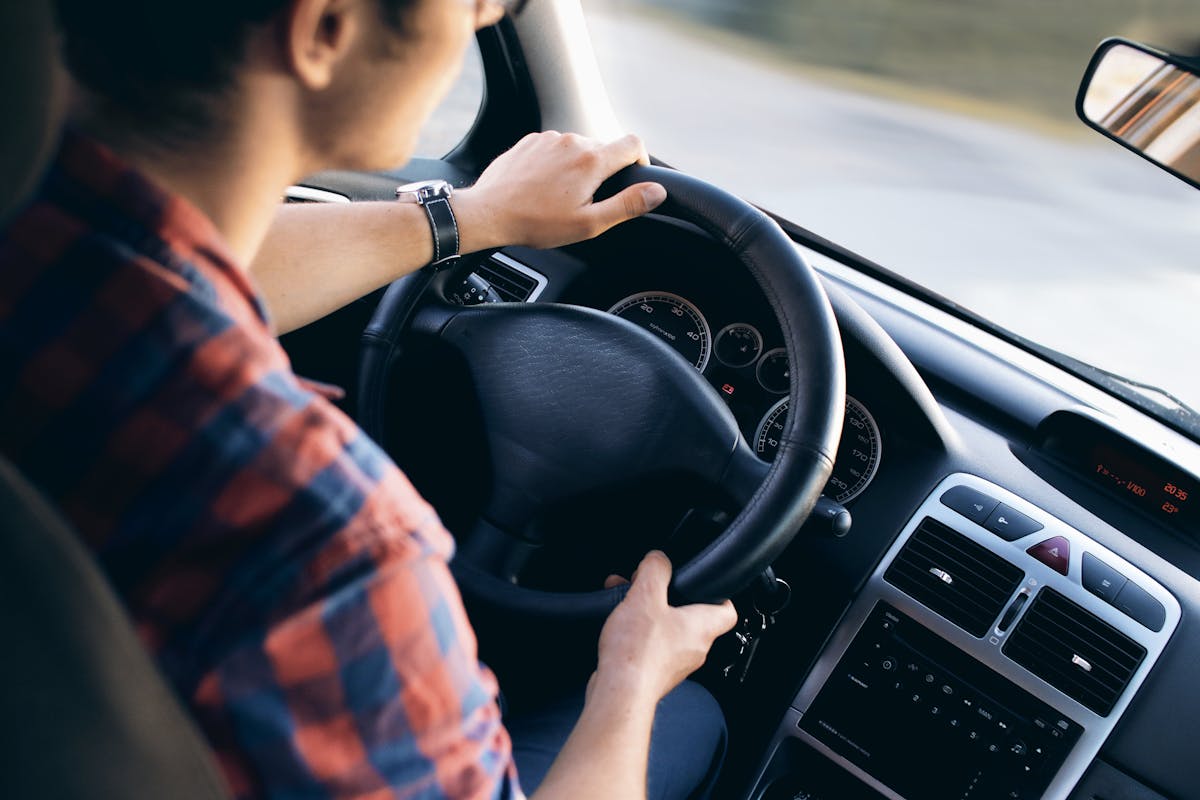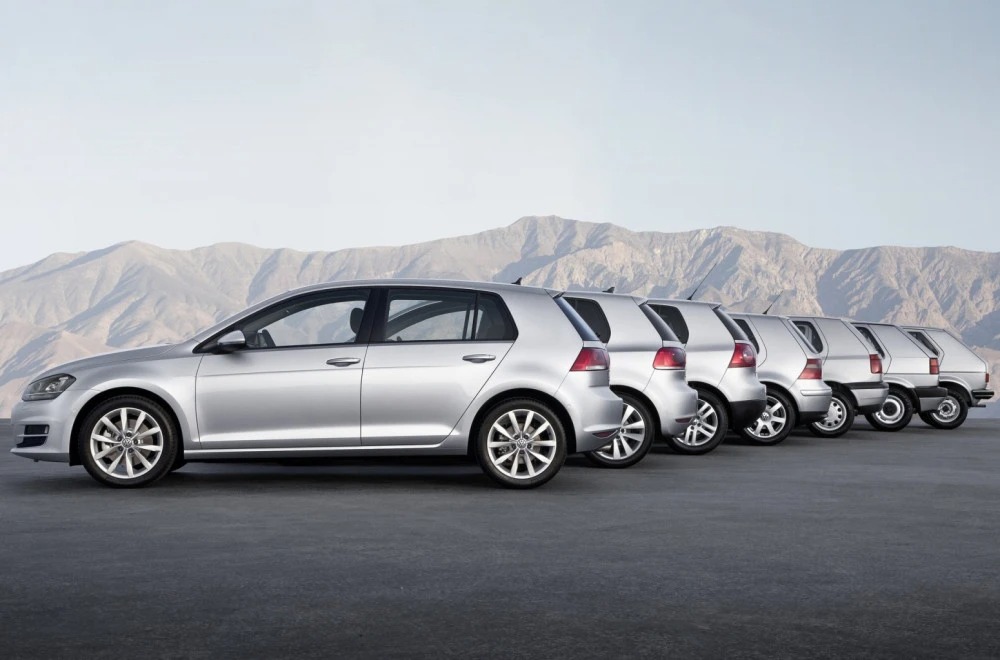
It's Not Uncommon for a Car to Lose Power in the Heat – Here's Why
A car may show reduced performance during summer heat, even if it's in perfect working condition.
Just like the human body, a car doesn’t cope well with high temperatures. In winter, fuel consumption increases because the engine takes longer to warm up, while in summer, the engine quickly reaches operating temperature but its efficiency drops.
The car operates optimally with a precise fuel-to-air ratio. On hot days, less oxygen enters the engine because warm air is less dense. As a result, combustion is not ideal, leading to a loss of power.
In addition, using the air conditioner puts extra strain on the engine. However, driving without it in a cabin at 60 degrees Celsius is hardly an acceptable option, according to HAK Revija.
This drop in performance during hot weather is completely normal and does not indicate a malfunction.
Tips If Your Car Loses Power on the Road in High Temperatures
Stop and Turn Off the Engine
Experts from "Hot Vehicle Guide" recommend: as soon as you notice a power drop due to overheating, stop in a safe place, turn on your hazard lights, and switch off the engine. This prevents further damage and allows the engine to cool down.
Check Coolant Level After Cooling
Once the engine has cooled down (wait at least 15–30 minutes), carefully and with protection from possible hot splashes, check the coolant level in the expansion tank and top it up if needed – but only if the engine is cold, writes The Sun.
Turn Off the A/C
The air conditioner adds extra load to the engine in hot weather and can contribute to power loss. It's recommended to turn off the A/C until the engine stabilizes, and only use it again once everything is in order.
Call for Help if Needed
If the engine continues to lose power after cooling down or if warning lights remain on, it is advised not to take any risks and to call for roadside assistance.





